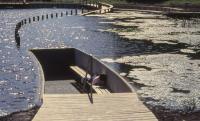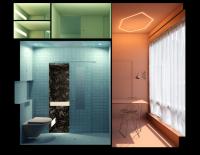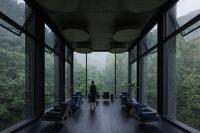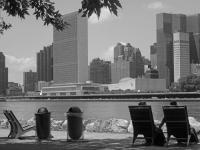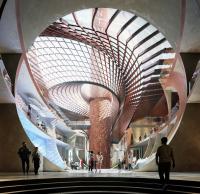Polyvalent Models
London, Great Britain
Programmatic adaptation with minimal modification
In a measured response to the climate crisis, this submission addresses the use of grown materials to design and build an elevated structure on Margent Farm in Cambridgeshire and to conceive of a polyvalent building in Shadwell that would be able to adapt, with minimal modification, to accommodate programmes of primary education, work or dwelling.
The studio's focus was on the practice of architecture as a partially autonomous discipline. The pre-defined model that we were interested in was characterized by polyvalence meaning that it should be able to adapt, with minimal modification, to accommodate different uses. This thesis was tested in two projects at different scales. The first was to collectively design and self-build a polyvalent structure made of grown materials, timber and hemp, at full scale on land at Margent Farm in Cambridgeshire. The major project addressed polyvalency at the scale of the city in the design of a model that could be adapted to accommodate programmes of dwelling, education and work.
In a measured response to the climate crisis, this submission addresses the use of grown materials, some in a composite state, to design and build an elevated structure on Margent Farm in Cambridgeshire and to conceive of a polyvalent building in Shadwell that would be able to adapt, with minimal modification, to accommodate programmes of primary education, work or dwelling. The first project was constructed with my studio colleagues in two phases totalling fifteen days. The building’s minimal material palette consisted of less than a cubic metre of concrete for its substructure; spruce and spruce plywood for its superstructure; Accoya for columns, windows, door and stair; and wood fibre insulation, a breathing membrane, hempcrete and hemp and bio-resin sinusoidal panels to keep the interior space warm and dry. The major project imagines and resolves a four-storey breathing softwood and hempcrete construction situated between an elevated railway to its north and a historic street to its south. The design methodology was informed by material provenance, gravity, climatic conditions, the regulatory frameworks that impact on contemporary architectural practice and, finally, the immediate context. The building’s offset section enables the integration of a generously tall space in all programmatic iterations.







